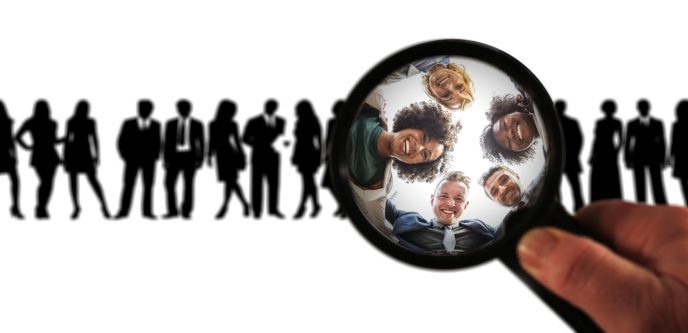You can let stress beat you up, or you can put it to work in…
In the Age of Experience, What if we…
I am developing the curriculum and facilitating learning for the inaugural Customer Experience Academy of Alliance Bank of Central Texas in Waco. The Academy is a 12-month experience with the theme, “Innovating, Inspiring, Energizing Exceptional Customer Experience.” The initial results have been outstanding, and from the participant professionals I’ve heard, “This is great!”
When I prepare and train, I think about the staggering estimates of loss to US businesses alone through ineffective training and I recommit that I will not be a contributor to that loss. In my mind, it would be poor stewardship. For that reason, I only present carefully customized training based on an understanding of the audience context and needs as I have come to understand them through personal research before preparation.
I have no templates that I place over group training. The customization incorporates the very best of adult educational methods, in preparation and in process, to accommodate every learner in the room and achieve 100% engagement (100% my goal, not necessarily reality).
As a result, you will see people leaning in and no yawning in such sessions. The response I look for at the end is, “You really made me think.” I teach the people, not the content and judge outcomes by action, life change, along with personal and business success.
“Yes, Customer Experience.” – In an Experience Economy
The U.S. economy has moved from an agrarian society in its earliest days to an industrial economy in the late 1800s and early 1900s and then to a Service Economy in the 1950s and following. In the 1990s we crossed over into an Experience economy, which was predicted by Alvin Toffler in his 1970s book Future Shock.
This Experience Economy is characterized by environments that are emotionally stimulating and offer customers a sense of adventure, danger, or other pleasure.** More recently, a Harvard Business Review article by Pine and Gilmore in 1998 described the “experience economy” as the next economy. They argue that businesses must orchestrate memorable events for their customers, and that memory itself becomes the product: the “experience”. This experience includes every aspect of the customer’s encounter with a business no matter how small in the past, present, and future. And, we have arrived into the fullness of an experience economy.
By the way, your fellow employees (boss, supervisee, and colleagues at your level), vendors, and those who use your services are all included in the definition of “customer.”
Customer Experience and the management of it is psychologically complex and probably more than you want to know, even at this point.
Some words used to characterize extraordinary customer experience are:
- Amaze
- Delight
- Surprise
- Magic
- Provokes emotional attachment
- Deliver plus one
- Serving beyond needs
- Attention to the little things, the details
- Exceptional
- Excellence
- Memorable
- Non-negotiable
What if we applied the principles of exceptional customer experience to every contact and all of our relationships to delight, surprise, and amaze the people who experience us? Would we create magic and wonderful memories for them? Would we meet their needs and beyond?
It seems a lot to think that an encounter with me could be “magic” or even “delightful.” I do try to invest in people this way.
Here’s the big challenge. If you are to create a magical customer experience for those around you the encounter must be all about them and none about you. You become a servant and they become the served – unselfishly, beyond their needs, with excellence, and precipitating delightful memories.
Informed by my faith tradition, I hold that we are servants of one another. This servanthood is our vocation, our calling. It’s bigger than you or me but we get to participate.
The greatest among you will be your servant. All who exalt themselves will be humbled, and all who humble themselves will be exalted.
Matthew 23:11-12 (NRSV)I’ve learned that people will forget what you said, people will forget what you did, but people will never forget how you made them feel.
Maya Angelou
How do people feel after an encounter with you? How are you doing with providing an amazing, magical customer experience as you serve those around you?
** Toffler, Alvin & Heidi (1970). Future Shock. Toronto New York London: Random House (1970) Bantam Books (1971). p. Chapter 10. ISBN 0553101501.





